ATTENTION!
Do you want to rank higher in local search results?
You’ve probably heard that Google is making it harder than ever for small businesses to get found online. But did you know that there are still ways to improve your rankings and get more customers coming through the door? It all starts with these 8 simple, actionable tips.
If you follow these steps, we guarantee you’ll see an improvement in your rankings within 30 days or less! And if not, we’ll give you a full refund.
HA HA!
Before that, if you are a newbie, you need to know what local SEO is and why is it important for your business.
I just want to make sure everyone is on the same page.
Let's go!
What is Local SEO?
Local SEO, or local search optimization, refers to a set of marketing strategies designed for businesses with physical locations.
Because consumers want to find services and products in their area, it makes sense that Google would introduce search results tailored specifically for them.
When you search for [tire shop near me], you’ll see a list of nearby tire dealers, not tire stores in California.
In the early days of search engines, it used to be a cake-walk for any SEO agency to rank local businesses for keywords like "dentist in Brooklyn" or “coffee in New York.”
Today, you need to approach local SEO differently because:
There are a lot more businesses competing than ever before (especially in the service industry).
There is much less trust in local search results; Google has made it very clear that they favour high-quality, relevant content above all else.
So what’s the solution?
The first ten results in any local SERP still have a tremendous impact on click-through rate and subsequent rankings for that keyword—yes, even more than links or social media signals.
The way to beat them is with great content and exceptional on-page optimization.
If you rank #1 for your target keyword, you can expect to get up to twice as many clicks as the #2 result!
And because Google will always give preference to listings with more reviews, make sure you appear on page 1 for terms like “best [service/product/company] near me"
Why is local SEO important?
According to Google:
"Organic local search results give users helpful and relevant information about local businesses within their region. Localized organic search lets businesses reach new customers when they search in languages and locations that are relevant to their business. This can lead to increased sales and improve user experience."
That’s great, but why should I care about local rankings?
It’s no secret that consumers are spending more time online than ever before. Thanks to the smartphone boom, almost everyone has a GPS-enabled device in their pocket at all times.
Consumers are using mobile devices to find everything from restaurants, plumbers, and locksmiths, to the best beach in Goa.
If you own a local business with a physical location, but you’re not showing up when people are searching for your type of service or product in your area, then you’re missing out on potential customers.
Search Engine Journal did an interesting study which revealed that 67% of mobile searchers are looking for local businesses near them, and 85% of consumers use search engines to find information about nearby businesses.
That means you could be losing half of your potential business to competitors who rank higher than you in local search results.
In this article, I am going to share my own experience with you and help you understand, how local SEO works.
These 8 actionable tips will have a positive impact on your Local Search Rankings in 30 days or less.
1) Setting Up Your Google My Business Account
2) Local Keyword Research
3) Optimizing Your Listings
4) Using schema markup
5) Get local citations
6) Get more reviews online
7) Attend the negative reviews promptly
8) Backlinks from relevant local sites
Let's get started.
1) Setting Up Your Google My Business Account
If you haven’t already, the first thing you need to do is create a free Google My Business (GMB) account. This is basically your own mini-site on the Google Search Network - it allows you to control how your business appears in local search results and Google Maps.
While you may be tempted to skip this step, I cannot stress enough the importance of making sure your GMB profile is 100% complete and up-to-date. When it comes to local rankings, Google gives preference to profiles that are completed in full.
If you ignore or neglect any section of your GMB listing (whether it’s your hours of operation, the owner's name, store images, etc.), Google will give preference to a competitor who has completed their GMB profile correctly.
It’s going to take some time and effort to complete your GMB account completely. There is no way around that, unfortunately.
But once your Google My Business Profile is filled out completely, it will be worth the time and effort you invested.
2) Local Keyword Research
This is the fundamental concept behind local SEO. If you want to rank for any term in organic search, you need to find out what people are actually searching for.
If you want to rank for [dermatologists in Bangalore], then you need to find out, what people are searching for, when they are looking for a dermatologist in Bangalore.
This is known as local keyword research, and it is the first step you have to take if you want to rank highly for local searches.
Google Keyword Planner
You can start your research on Google Adwords.
Pick "Discover new keywords" and let's search for our example keyword: "Dermatologists in Bangalore"
Simply enter your niche, industry or your target keyword in the search bar and click "Get Results"
On the left, you will see the potential keywords that you can target, and on the right-hand side, you can use the "Locality" filter option to get more refined and relevant results.
Tip: Here is a good guide if you want to learn how to use the Google Keyword Planner.
The main benefit of using Adwords is that you can see how many people are searching for keywords related to your industry. It will also give you an idea about the competition level.
You should try to include a few of these highly relevant local keywords in all of your Google business listing page content like business title and description.
Google Trends
If you want to explore further, then head over to Google Trends.
Google trends will give you information related to where your target audience is located worldwide.
For example, if you are interested in dermatologists in India, then go ahead and search for these keywords on Google trends - "Dermatologist".
Under "Interest by sub-region" you will get this data:
You can further narrow it down by choosing the State from the "subregion".
3) Optimizing Your Listings
There are many components to a Google business listing page. Here are some of the more important ones that you should focus on.
Title - Your title is your opportunity to tell searchers why they should click through to your website.
It should contain both location and keywords (e.g., "Dr Suresh Prabhu - Dermatologist in Frazer Town").
Description - Your description should be compelling enough to convince searchers why they should click through to your website.
Make sure you include all the crucial details about your business in this section. When possible, try to use local keywords but don't stuff your content with keywords.
NAP - Your NAP (Name, Address, Phone) should be consistent across all your local listings and other places on the internet that carry this kind of information about your business such as directory listings or customer review sites.
The more consistency you have with your NAP, the better.
Images - You can attach images to your listing using the Google My Business interface.
It is always good to include an image of the facade of your business/brand logo for branding purposes.
4) Using Schema Markup
Schema markup is a special HTML markup code that you can include on your website to further enhance its semantic and visual elements.
It will help you show up in Knowledge Graphs and is equally important for local SEO as it is for regular search results.
Schema markup for Local SEO is extremely easy to implement. All you need to do is paste a code on your website, preferably in the footer section so that all the information gets crawled and indexed.
Here are the exact Schema Markups that you need to Optimize your Local SEO.
If you are looking to learn more about schema markup or to implement it on your website, here is our step by step guide.
5) Get Local Citations to Increase Your Local SEO Rankings
Citations are your online presence on other websites. Search engines look at these citations when ranking search results for local searches.
Generally, the more quality citations you have, the better your chances of increasing your rank in the local pack (local SEO).
It is important to understand that Google does not like duplicate content (even on your own website).
So you need to be extra careful with the citations that you are getting.
You should try and get as many quality business listing pages as possible, preferably from online directories where users can find local businesses.
These include:
• Citation / NAP sites
• Local directory websites
• Industry-related local sites
• Local partner sites
• The local chamber of commerce sites
• Local newspaper sites
The more NAP citations you have, the better it is for local SEO.
This is because search engines look at a combination of ranking signals when they are trying to determine your rank for a particular query.
And one of these signals is your citation flow or citation number from different sources.
If you haven't been getting any business listing pages, worry not.
There are many tools available online that can help you find high-quality citation sources to help improve your local SEO rankings.
6) Get More Reviews Online
Reviews are another very important ranking factor for local SEO.
So it is crucial to make sure you have as many quality reviews as possible on your business listing pages.
This will help improve your conversion rates and ultimately increase your online visibility through better rankings in search results.
The more positive reviews you have, the better.
Tips to get more reviews for your local business
According to Google, "good, high-quality customer reviews might help your company be more visible," and they are the second most important map pack ranking component according to BrightLocal's Study.
The easiest way to get customers to submit a review for your business is to just politely ask your customers to do so.
This is something you have to be wary of because it is prohibited by Google's rules to provide incentives to consumers in exchange for reviews.
You can simply share the "Review link" with your customers through Whatsapp or SMS, it works most of the time.
7) Attend the negative reviews promptly
Negative reviews are one of the most important ranking factors for local SEO.
Search engines use negative reviews as a signal to determine your authenticity and this, in turn, affects how they rank your website and response pages.
So, you need to respond to every review that is less than 3 stars with a resolution.
If you don't resolve the negative customer experience within 2 weeks, your chances of ranking well for local searches will be significantly reduced.
This is because Google uses several signals (including reviews) to determine the quality of your business and if you don't address negative reviews on your listing pages, Google might think that your business is not a legitimate one.
8) Backlinks from relevant local sites
Local news sites, neighbourhood blogs, and similar resources demonstrate that your site is regarded by the locals.
Consider connecting with local bloggers or influencers to feature your company or product on their blogs.
This technique is called "Influencer Marketing", here is a great guide on that.
You can also offer to trade your product or service with them to return for a feature that will also mention your company on their blog, it is a win-win situation for both parties.
Since they will most likely have a decent following, this type of local link building tactic can help to increase your business’ visibility in your community and, in turn, reach more potential customers.
Read- How to Address the New Google Algorithm Update for Spam Backlinks
Final Thoughts:
The most important tip I would like to give you is that you need to consider your local SEO from step one.
These are the 8 simple steps, once you have done all of these, you can start to focus on growing your organic traffic to improve your rankings even further.
I really hope this article helps you to grow your local business better, if that is the case then please share this post with anyone who might find it helpful!
Also, tell me the challenges that you are facing in local SEO, I would love to help you out with that!
AUTHOR BIO
Vikas Solanki is an award-winning restaurateur, entrepreneur, cryptocurrency trader and internet marketer that has been operating for over 15 years.
He passionately blogs about the latest trends in SEO, Digital marketing, food, fitness and lifestyle on BestinIndia.com
He also produced an Electro solo music track during the Covid19 Lockdown, here is the Spotify and YouTube link.
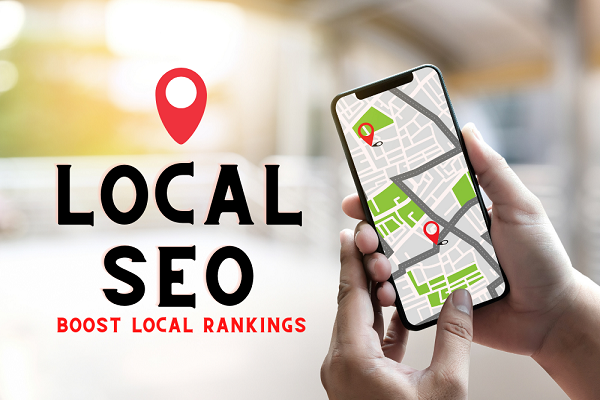

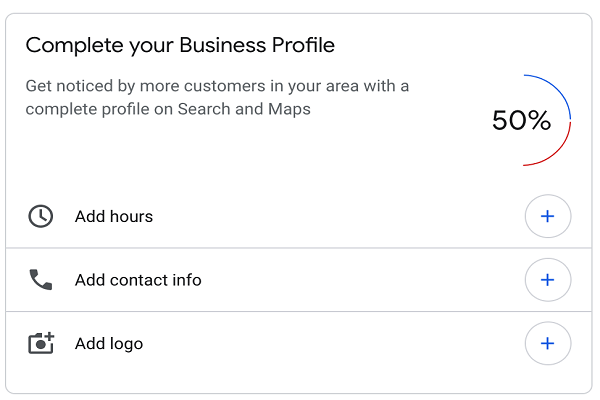

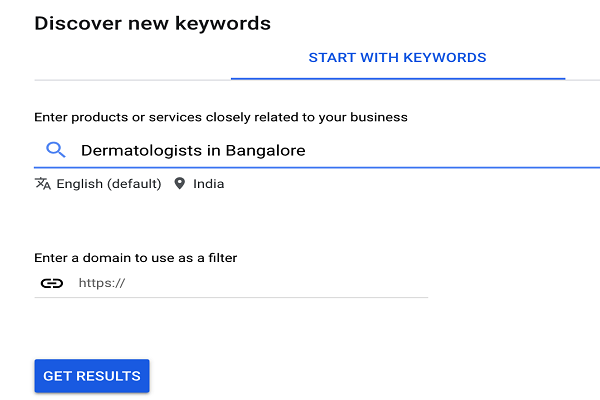
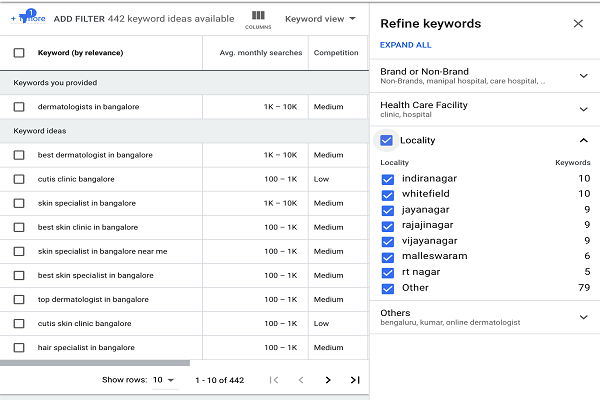
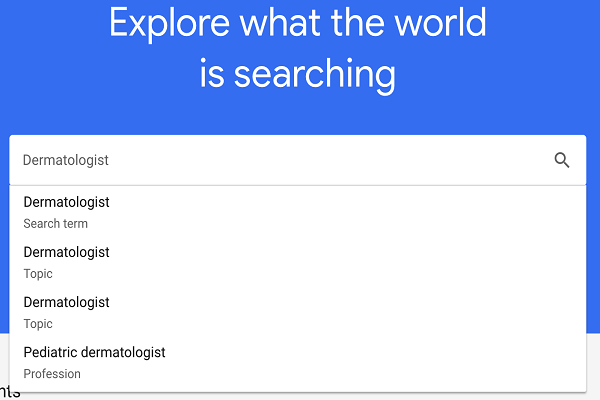
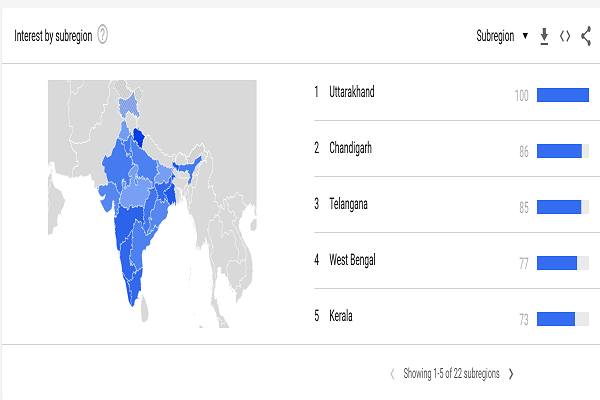
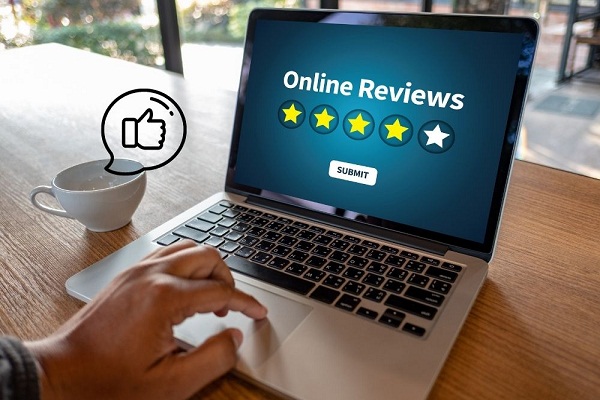


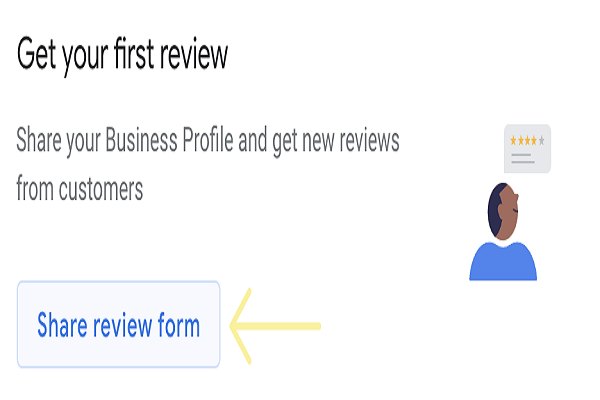

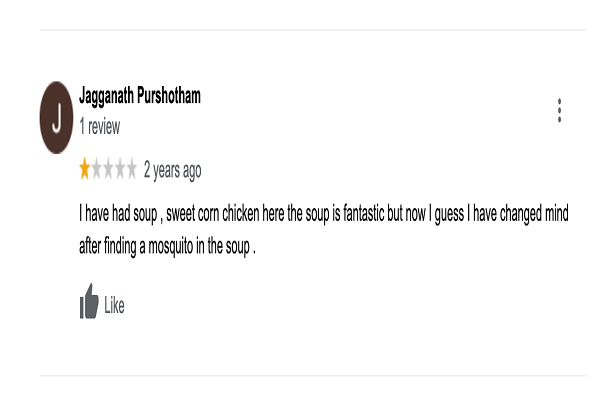

No comments:
Post a Comment